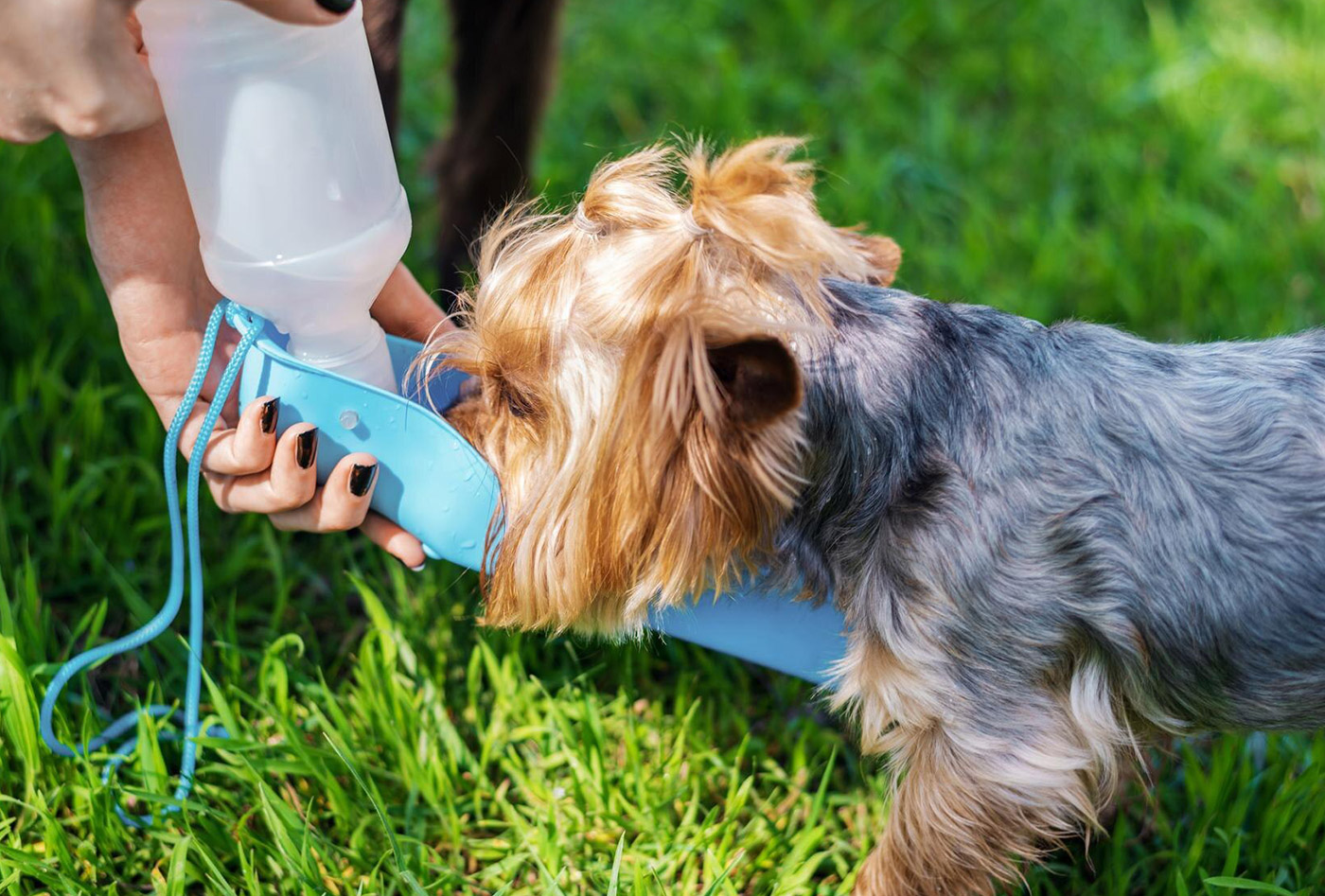Pet safety involves proactive care and attention to their physical and mental well-being. Here are essential tips:
- Feeding a Balanced Diet: Provide age-appropriate, balanced food to support health. Consult your local Vet or ask your Pet Speciality Store consultants for specific dietary needs, especially for senior pets or those with minor health conditions.
- Keeping Pets Cool in Summer: Ensure they have shade and ventilation. Limit outdoor time during peak heat, and provide cooling mats or frozen treats.
- Keeping Them Warm in Winter: Use pet-safe heating pads or cozy bedding, especially for older pets or short-haired breeds.
- Free Access to Fresh Water: Always keep fresh water available, especially during extreme weather or activity to prevent dehydration.
- Fireworks and the Fear Factor: Create a safe, quiet space with calming sounds. Use pet-safe anxiety aids if needed.
- Ticks, Fleas, and Disease Prevention: Use veterinarian-recommended preventatives and check pets regularly for pests.
- Vaccination and Deworming: Keep up-to-date with vaccinations and deworming to prevent serious illnesses.
- Confinement at Night: Keep pets indoors or in a secure area to prevent accidents and ensure safety.
- Playtime for Stimulation: Engage pets in regular, interactive play to prevent boredom and promote mental health.
